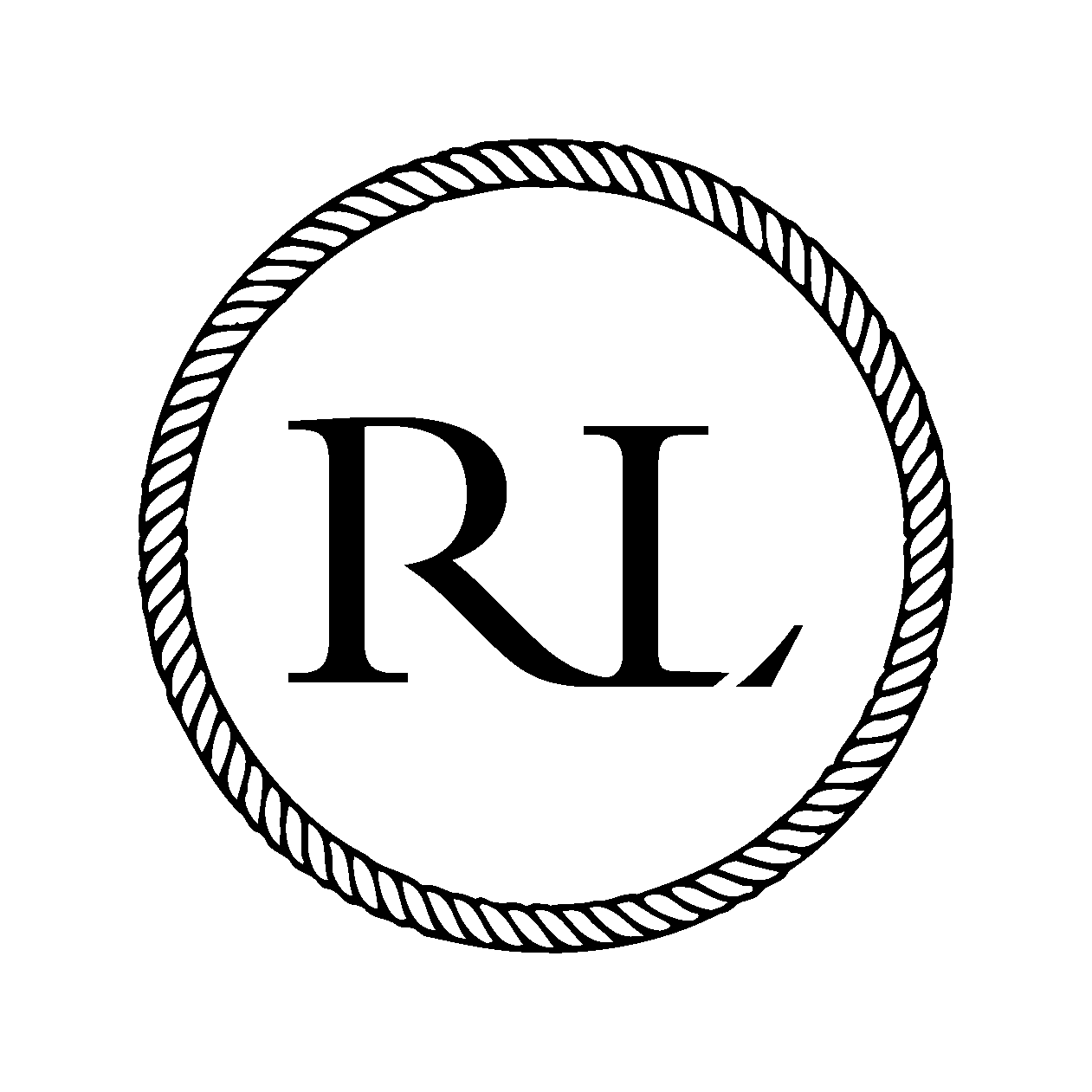Nasal Septum Perforation: Causes and Treatments!
A hole in your nose that isn’t intended to be there could cause your nose to whistle.

Source: pixabay
You might have a ruptured septum if you constantly whine whenever you breathe through your nose. This happens when the bone that divides your nose into two sides becomes damaged due to trauma, an accident or an injury.
Even if you are asymptomatic, it is best to have a septal perforation checked and treated as soon as possible if you have been told you have one. A modest septal perforation may not bother some people, but it’s crucial to realise that even seemingly slight septal perforations have hazards. A septal perforation has a higher propensity to enlarge and could lead to more severe problems if not monitored and treated.
Small perforations of the nasal septum may go undetected, but symptoms may worsen if the septum is severely damaged. These signs could include nasal haemorrhage, discomfort and a whistling sound when you breathe in. Additionally, scabs or dried blood may gather in the area, making breathing difficult via the nose. Even though some people may not show any signs of this problem, once a nasal septal perforation is found, it should constantly be reviewed by a doctor because larger perforations, if left untreated, may alter the nose’s structure and result in physical deformities.
What is a Nasal Septum Perforation?
A nasal septum perforation is a hole or tear in the septum, the thin wall of cartilage and bone that separates the nostrils. This can cause various symptoms, including difficulty breathing, nosebleeds, sinusitis and a decreased sense of smell. Several causes of nasal septum perforations include injury, trauma, infection, inflammation and drug use. Some people may be born with a deviated septum, making them more prone to developing a perforation.
Treatment for nasal septum perforation depends on the cause and severity of the problem. Some small perforations may heal independently, while others may require a procedure to repair. In some cases, conservative management, such as nasal sprays or medications, may be enough to control symptoms. It is essential to seek medical attention if you are experiencing symptoms of nasal septum perforation, as this can affect your quality of life and impact your ability to breathe. Your doctor can help determine the best course of treatment to help you manage this condition and improve your overall health and well-being.
What Causes a Nasal Septum Perforation?
There are several reasons why your septum could be injured. Nasal trauma from an accident or injury is one potential cause, as are complications from prior nasal surgeries like a septoplasty, an infection or inflammatory condition, long-term use of specific medications, illicit drugs (like snorting cocaine or crushed-up prescription pills) and issues from nasal piercings. In sporadic instances, cancer can also lead to a ruptured septum.
A nasal septum perforation, also known as a hole in the nasal septum, can be caused by a variety of factors, including:
- Trauma: Nose injury or blunt force can cause a perforation in the nasal septum.
- Chronic Nasal Irritation: Overuse of nasal sprays, inhaling drugs such as cocaine, and repeated nose-picking can lead to perforation.
- Infections: Acute or chronic sinus infections can cause a perforation in the nasal septum.
- Medical Conditions: Certain conditions, such as Wegener’s granulomatosis, relapsing polychondritis or sarcoidosis, can cause a perforation.
- Congenital Disabilities: A person may be born with a deviated or perforated nasal septum.
If left untreated, a nasal septum perforation can lead to several complications, including chronic nasal drainage, nosebleeds and difficulty breathing. It is essential to seek medical attention if you suspect you have a perforated nasal septum.
Does a Nasal Septum Perforation Pose Any Risks?
While some individuals have such a mild form of nasal septum misalignment that they are unaware they have a deviated septum. The symptoms of a deviated septum do not go away on their own. There is a higher chance that the illness will get worse if untreated.
Additionally, people with a deviated septum are susceptible to sinus infections frequently throughout their lives. Chronic sinus infections cause nasal passages to become inflamed and irritated over time, increasing the risk of developing more severe illnesses such as eye and brain infections. Though it doesn’t happen often, untreated sinus infections may migrate to the brain or the tissue surrounding it. You risk having seizures and brain damage if an infection spreads to your brain.
An untreated deviated septum can lead to the severe condition of sleep apnea. Sleep apnea occurs when a person momentarily stops breathing while sleeping at night. Multiple times while they sleep, people with sleep apnea temporarily stop breathing. When someone stops breathing, they deprive their brain and the rest of their body of the oxygen they need to function properly and survive. The most prevalent kind of sleep apnea, obstructive sleep apnea, is brought on by an obstruction in the airway that limits oxygen flow. Obstructive sleep apnea may result from a deviated septum if left untreated.
Sleep apnea can cause heart failure, headaches, depression, high blood pressure, heart attack, diabetes, stroke and worsening of ADHD if left untreated. Inadequate performance at work or school, car accidents and academic underachievement in kids can all be consequences of sleep apnea. People with deviated septums may also experience headaches, nosebleeds, facial pain and nasal blockages in addition to sinus infections, sleep apnea and the disorders that can coexist with them.
Where Can I Receive Nasal Septum Perforation Treatment?
If you have been diagnosed with a nasal septum perforation, there are several places you can receive treatment, including:
- Otolaryngologist (Ear, Nose and Throat Doctor): An otolaryngologist is a specialist with extensive training in diagnosing and treating ear, nose and throat conditions. They will be able to assess the extent of your perforation and recommend the best course of treatment.
- Allergist or Immunologist: If your perforation is caused by an underlying allergy, an allergist or immunologist may be able to help. They will be able to test you for allergies and recommend treatments that can help reduce your symptoms.
- Primary Care Physician: If your perforation is mild and not causing significant symptoms, your primary care physician can help manage your condition. They can recommend treatments and medications that can help reduce your symptoms and prevent further complications.
- Hospital: If your perforation is severe or complicated, you may need to be treated in a hospital. In some cases, a procedure may be required to repair the perforation and restore normal function to your nose.
Working closely with your healthcare provider to determine the best action for your specific needs is essential regardless of where you receive treatment. You can reduce your symptoms and improve your quality of life with proper care and treatment.
Is Surgery an Effective Option For Nasal Septum Perforation?
Speak with your doctor for a diagnosis if you encounter any of the symptoms mentioned above. Your doctor will examine your nose and enquire about your medical history and practises, including any previous operations, medications or drug usage. If a perforation is found, your doctor might do a biopsy.
In some situations of septal perforation, a procedure to restore the septum’s natural form and function may be suggested. This aims to repair the perforation and improve nasal function. This can be done through several surgical techniques, including septal patch grafting, septal cartilage grafting and septoplasty. The procedure’s effectiveness for nasal septum perforation depends on the size and location of the perforation. If the perforation is small and located in a less critical area, it may be possible to repair it using conservative measures such as topical medications or steroid injections.
If you are considering a procedure for nasal septum perforation, you must consult a qualified healthcare provider to discuss your options and determine the best course of action. Consult your doctor if you experience nasal blockage, wheezing or other persistent nasal problems. Your doctor can provide a diagnosis, assist you in finding the most effective treatments for your symptoms and ensure your nose continues to perform at its peak.
Rhinoplasty LDN: With Us, Emerge to Incredible Possibilities!
Depending on the location and severity, there are various ways to treat septal perforation. Concern should be raised if a septum has been sufficiently injured to experience erosive tissue injury. It is more likely to worsen and become more challenging to deal with. Therefore, early treatment is indicated to reduce risks and increase the likelihood of a successful outcome.
With London’s Nasal Experts, Heal Your Perforated Septum!
The professionals at Rhinoplasty LDN are experienced in identifying and treating nose problems such as septum perforation. Numerous people have experienced relief from bothersome symptoms and breathing problems, enabling them to concentrate on living their lives. The skilled medical professionals at Rhinoplasty LDN are here to assist you in choosing the best course of action for your particular case.
At Rhinoplasty LDN, we understand the importance of having a nose that you feel confident and proud of. Our team of highly trained and experienced cosmetic surgeons is dedicated to providing our patients with exceptional care and results that meet their individual needs and expectations. Here we employ the latest surgical techniques and equipment to ensure that our patients receive the best possible outcomes. Our commitment to excellence and patient satisfaction is reflected in the testimonials of our satisfied patients who have seen their confidence and self-esteem soar after their Rhinoplasty procedure.
We are committed to helping you emerge to incredible possibilities and reach your aesthetic goals. Contact us today to schedule your consultation for nasal septum perforation treatment or Rhinoplasty and take the first step towards a more confident and beautiful you!
